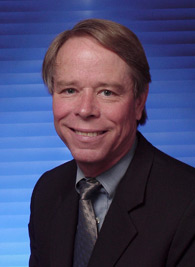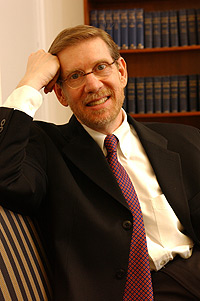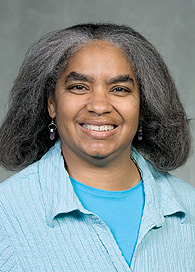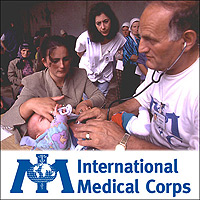Berkeleyan
School of Public Health to honor its 'heroes' in annual ceremony
![]()
12 March 2008
On April 2, the School of Public Health (SPH) will honor three individuals and one organization at its 12th annual Public Health Heroes Awards ceremony, to be held at the Yerba Buena Center for the Arts in San Francisco.
Presenters including former state Assemblymember Wilma Chan and former Vice President Al Gore (by video) will support SPH in its annual recognition of innovative leaders who have made meaningful contributions to the protection and promotion of the public's health. "Our honorees are truly heroes who have gone to great lengths to advance this field," says SPH Dean Stephen Shortell. "It is our privilege to pay tribute to individuals and organizations dedicated to eradicating disease and promoting health for all of us."
For information about the Public Health Heroes Awards ceremony, visit www.publichealthheroes.org.
International Hero: Donald Francis
 |
Early efforts by Donald Francis to call attention to the threat of AIDS - a virus he helped identify as a public-health administrator and researcher in the early '80s - were chronicled by journalist Randy Shilts in his account of the epidemic's early years, And the Band Played On. As director of the AIDS laboratory at the Centers for Disease Control, the agency for which he worked as an epidemiologist for more than two decades, Francis began work on the AIDS problem at its emergence.
Much of Francis' research, however, has been in what are now vaccine-preventable diseases: hepatitis-B, measles, cholera, and smallpox. Since retiring from the CDC in 1992 he has worked full-time developing vaccines for Genentech. He also started a new company, VaxGen, which in 2003 completed the world's first Phase II trials of two candidate HIV vaccines in North America, Europe, and Asia. A year later, Francis co-founded Global Solutions for Infectious Diseases, which he currently serves as chairman and executive director.
National Hero: David Kessler
 |
David Kessler earned a J.D. degree from the University of Chicago Law School in 1978 and a medical degree from Harvard in 1979. He was the medical director of the Hospital of the Albert Einstein College of Medicine from 1984 until his 1990 appointment by President George H.W. Bush as commissioner of the Food and Drug Administration. That service was followed by six years as dean of the Yale University School of Medicine and four as medical-school dean and vice chancellor for medical affairs at UCSF.
As FDA commissioner, Kessler took a strong public position against the tobacco industry, advocating for FDA regulation of its products. His tenure at the agency was marked by efforts to speed approval of drugs and devices, especially for serious and life-threatening conditions, and by the introduction of nutrition labeling for food and regulations to restrict the marketing of tobacco to children.
Regional Hero: Barbara Staggers
 |
Barbara Staggers, an SPH alumna, is being honored for both her work as a pediatrician and adolescent-medicine specialist and her service as a determined advocate for children. As a nationally recognized authority on the medical, psychosocial, and psychobiological needs of adolescents, Staggers takes public current findings and recommendations on topics ranging from eating disorders, substance abuse, and pregnancy to violence, mental health, and suicide.
Staggers, a friend of the Berkeley campus who was honored with the Peter E. Haas Public Service Award in 2004, co-founded the Faces for the Future internship program for minority students interested in pursuing careers in health care two years earlier. A year later she unveiled the Chappell Hayes Health Center at McClymonds High School in West Oakland, now recognized as a national model for school reform for its efforts to combat West Oakland's dropout rates and levels of violence, homicide, and abuse. She is director of adolescent medicine at Children's Hospital & Research Center Oakland.
Organizational Hero: International Medical Corps
 |
International Medical Corps (IMC) is a humanitarian nonprofit that rehabilitates devastated health-care systems and helps bring them back to self-reliance. The organization was founded by physician Robert Simon in response to the health-care plight of the Afghan people following the 1979 Soviet invasion and subsequent occupation of that country, which was left with only 200 physicians out of a national tally of 1,500 following a concerted Soviet focus on their execution, imprisonment, and exile.
IMC has since provided life-saving care in more than 45 countries worldwide, responding to nearly every emergency in the last two decades, including famine in Somalia, ethnic cleansing in Bosnia, genocide in Rwanda, and atrocities against children in Sierra Leone. It is among the dwindling number of humanitarian agencies still working in Darfur and Iraq.

